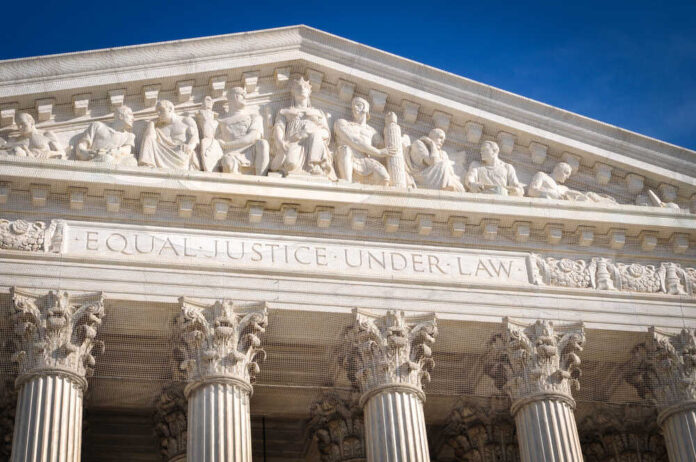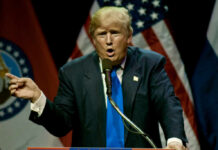
On Tuesday, the U.S. Supreme Court heard oral arguments in two cases stemming from ISIS attacks in Paris and Istanbul. The cases, Gonzalez v. Google and Twitter v. Taamneh could have far-reaching implications for the legal liability of large technology companies.
In the Gonzalez case, the family of Nohemi Gonzalez, who was killed in the 2015 ISIS attack on a Parisian cafe, is arguing that Google as the parent company of YouTube aided ISIS’s recruitment by allowing the terrorist group to post videos on the platform that incited violence and sought to recruit potential members.
The family argues that recommendations made by YouTube’s algorithms are not always protected under Section 230 of the Communications Decency Act, which generally shields tech companies from liability for content published by others.
The family contends that Section 230 does not protect a defendant from liability for recommendations that contain material that the defendant itself created or provided. Google and YouTube, on the other hand, argue that the Gonzalez family’s claims are “materially identical” to those in the Twitter v. Taamneh case and should not go forward under the Antiterrorism Act.
In the Twitter case, the family of Nawras Alassaf, who was killed in the 2017 ISIS attack at the Reina nightclub in Istanbul, is arguing that Twitter, Facebook, and Google can be held liable for aiding and abetting international terrorism based on ISIS’s use of their platforms.
Twitter argues that a defendant can only be held liable under the Antiterrorism Act when it has substantially aided an act of international terrorism.
Why The Supreme Court Is Unlikely To Fix The Section 230 Immunity Mess — Yet https://t.co/LvZ8QYNfEI
— Mollie (@MZHemingway) February 21, 2023
Both cases could have significant implications for the liability of large technology companies in the future. The outcome of the Gonzalez case could determine the scope of Section 230 immunity and the extent to which tech companies can be held liable for content recommendations made by their algorithms.
The outcome of the Twitter case, in particular, could determine the circumstances under which tech companies can be held liable for aiding and abetting international terrorism.
The Gonzalez case could also provide insight into the justices’ views on the scope of Section 230 immunity. This issue has been the subject of much debate in recent years. Justice Clarence Thomas has argued that lower courts have wrongly interpreted Section 230(c)(1) as providing a near-blanket immunity to “interactive computer service” providers, creating immunity beyond what Congress provided for.
Some members of Congress, including Sen. Ted Cruz (R-TX) and Rep. Mike Johnson (R-LA), have also argued that this interpretation of Section 230 has allowed tech companies to censor conservative viewpoints on important political and social matters.
While the Supreme Court may not resolve the issue of the scope of Section 230 immunity in the cases, the rulings will have far-reaching implications for the legal liability of large technology companies in the future.
The court is expected to issue final rulings in the cases before the end of the current term in late June.













